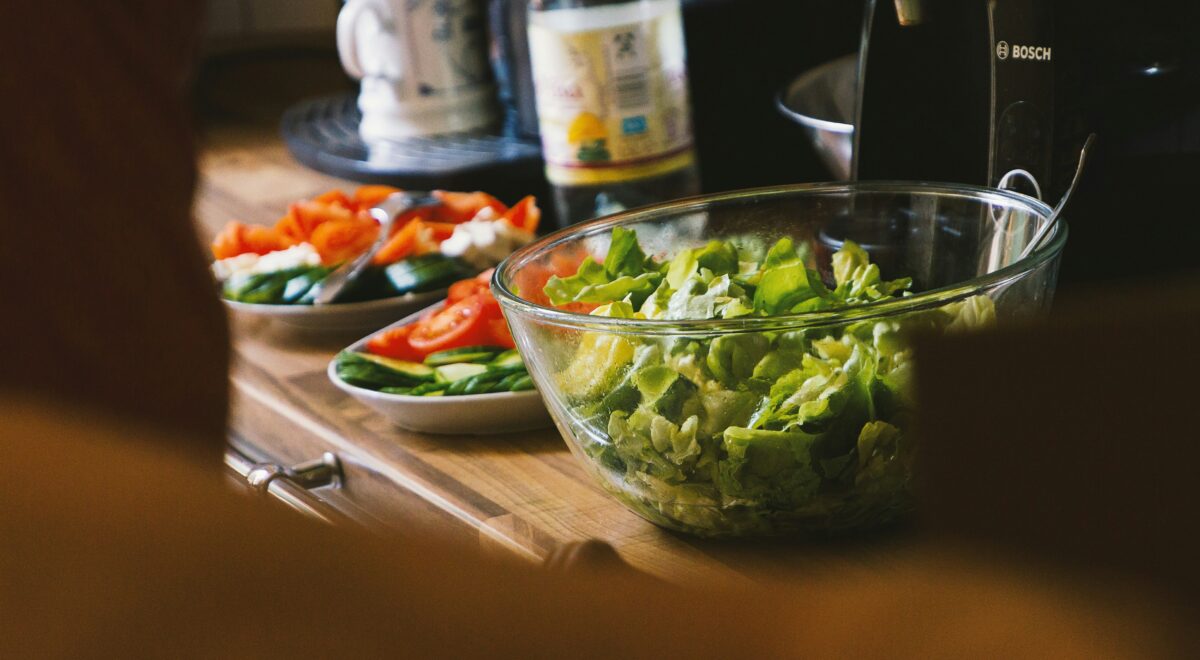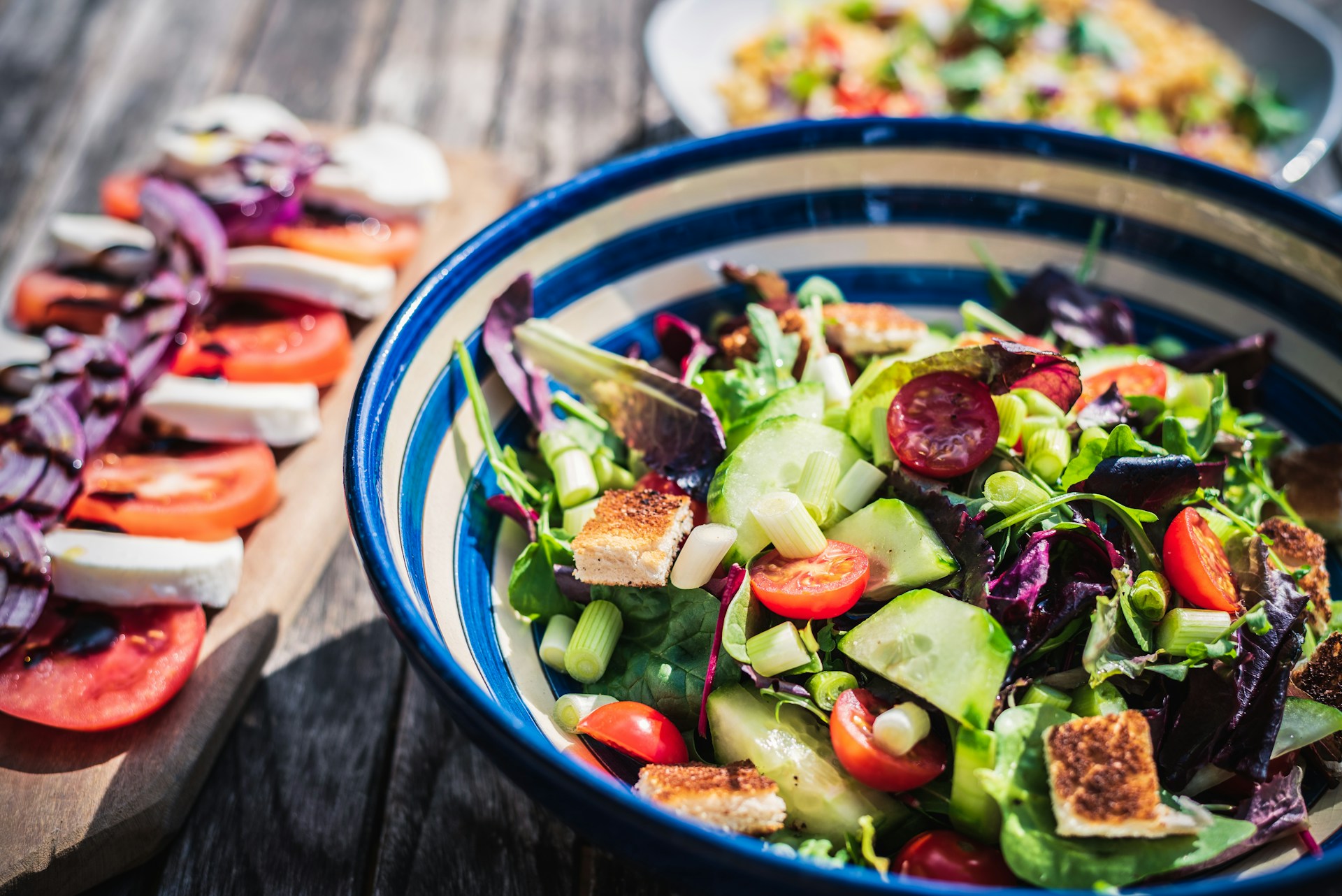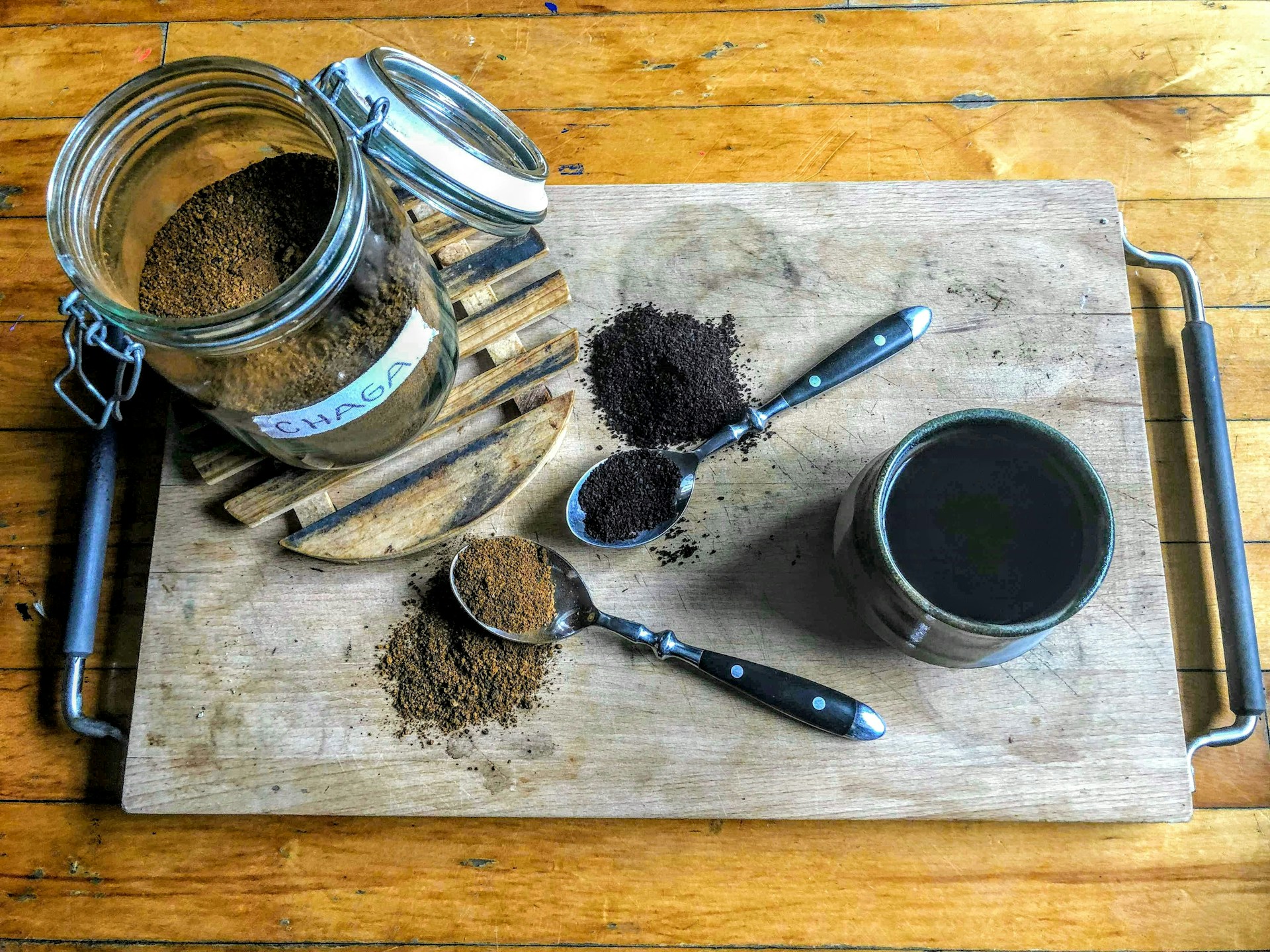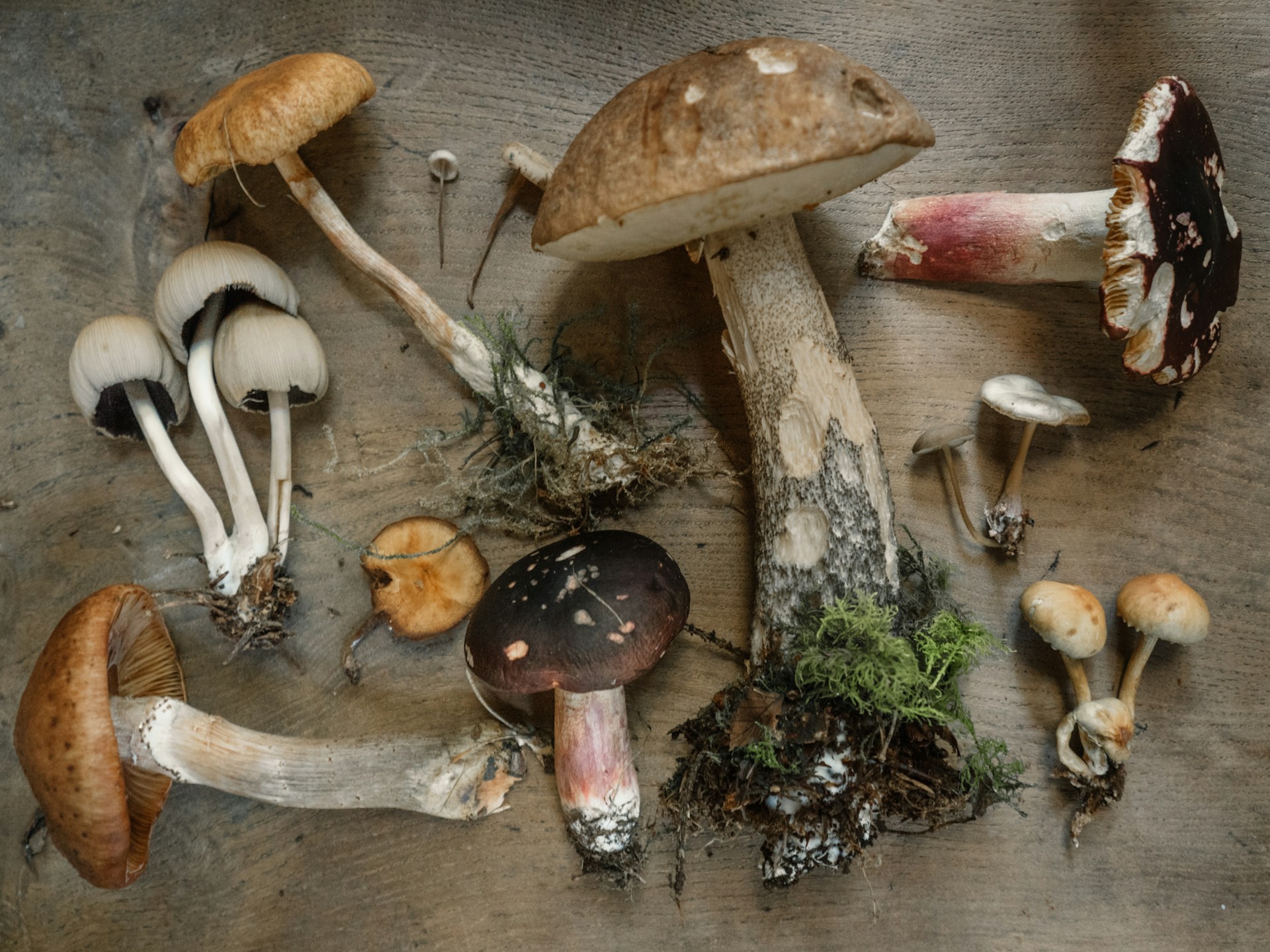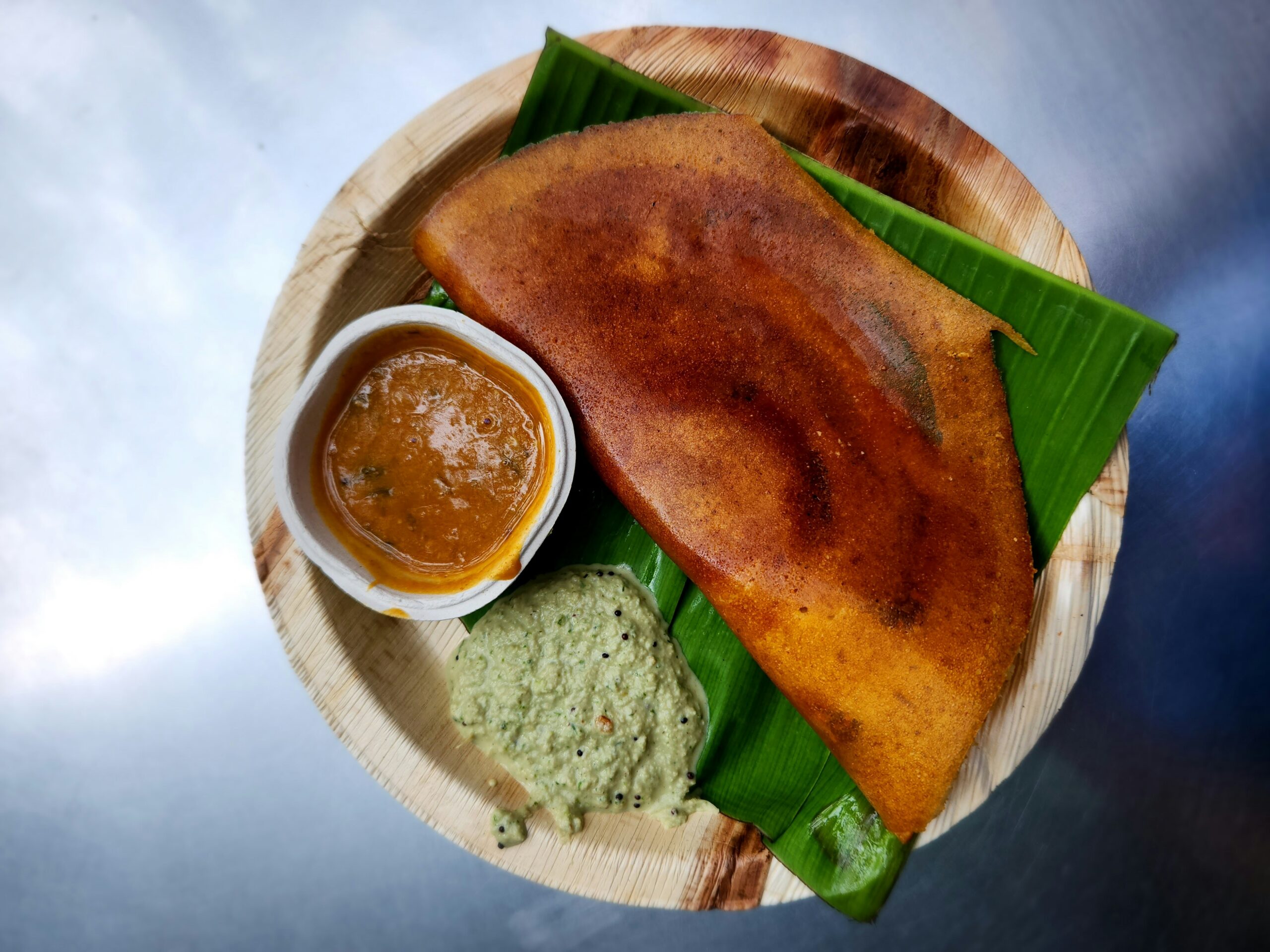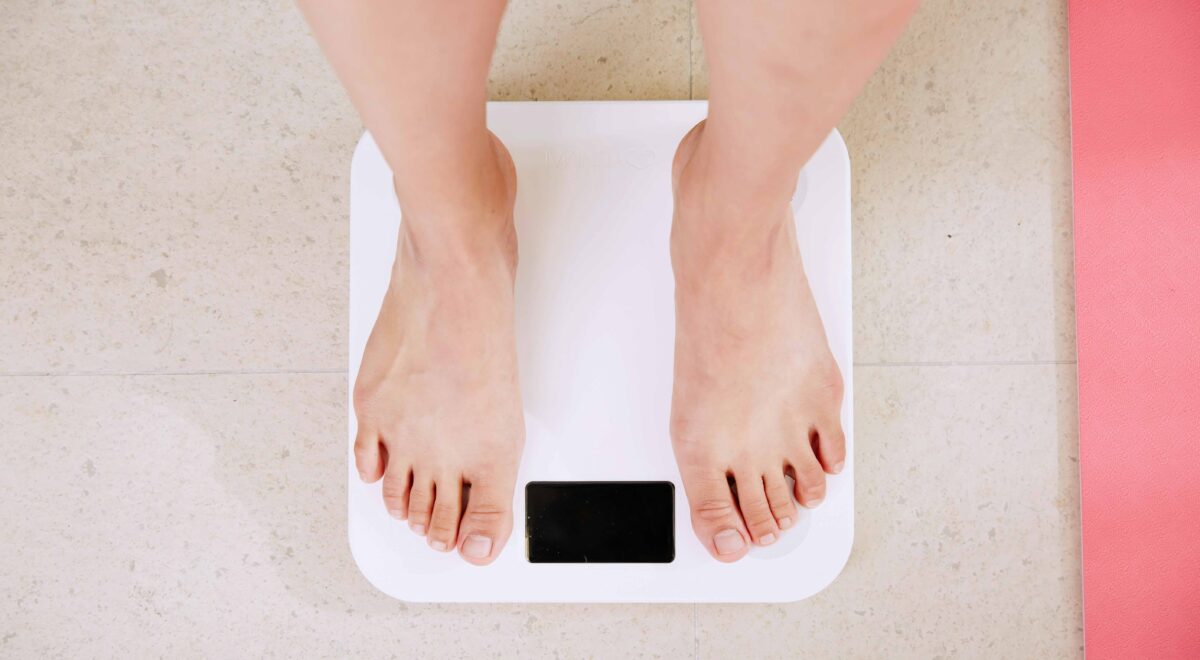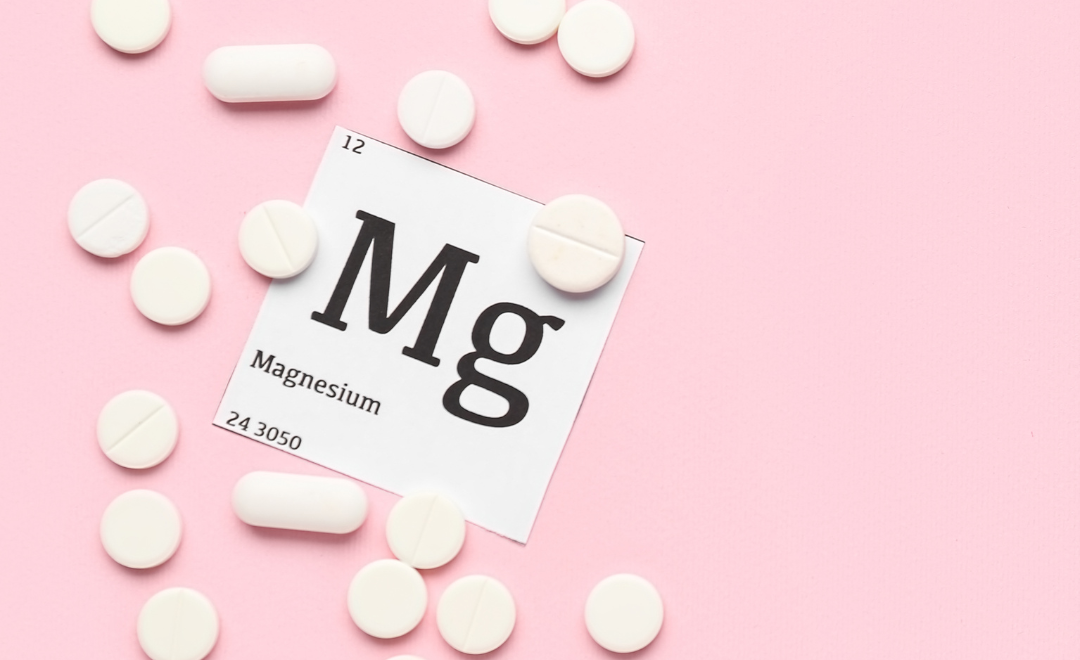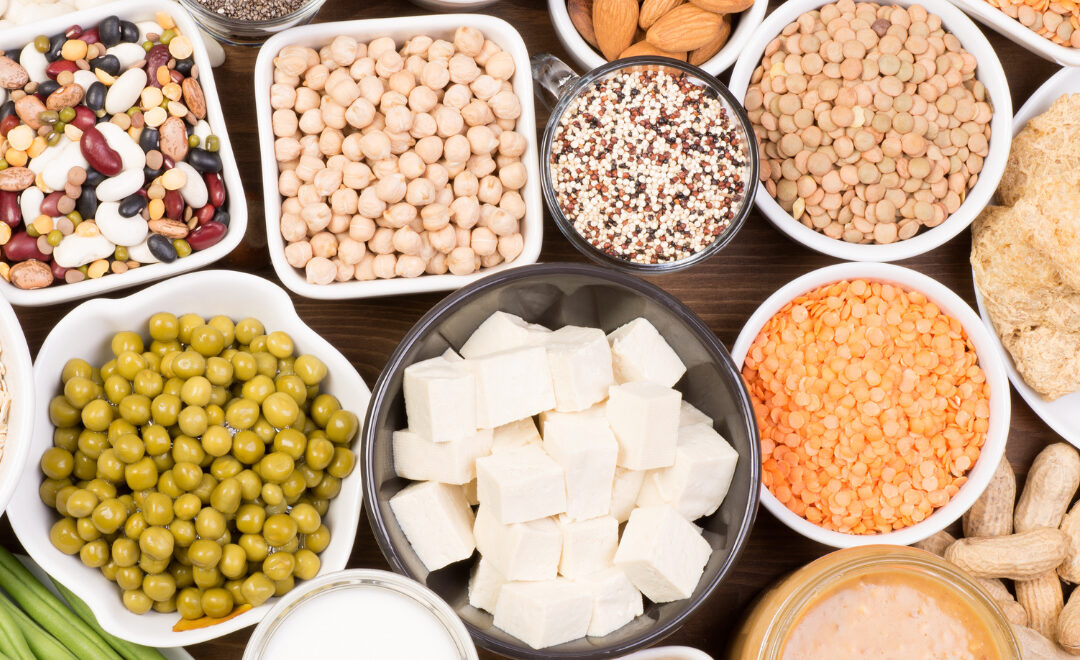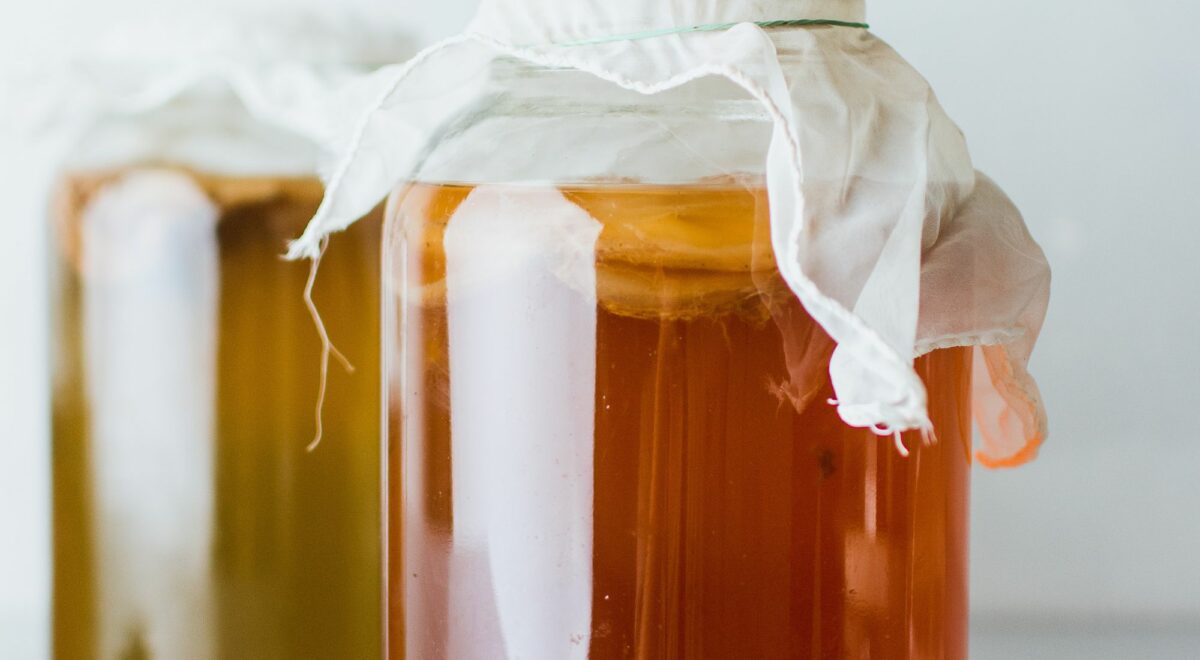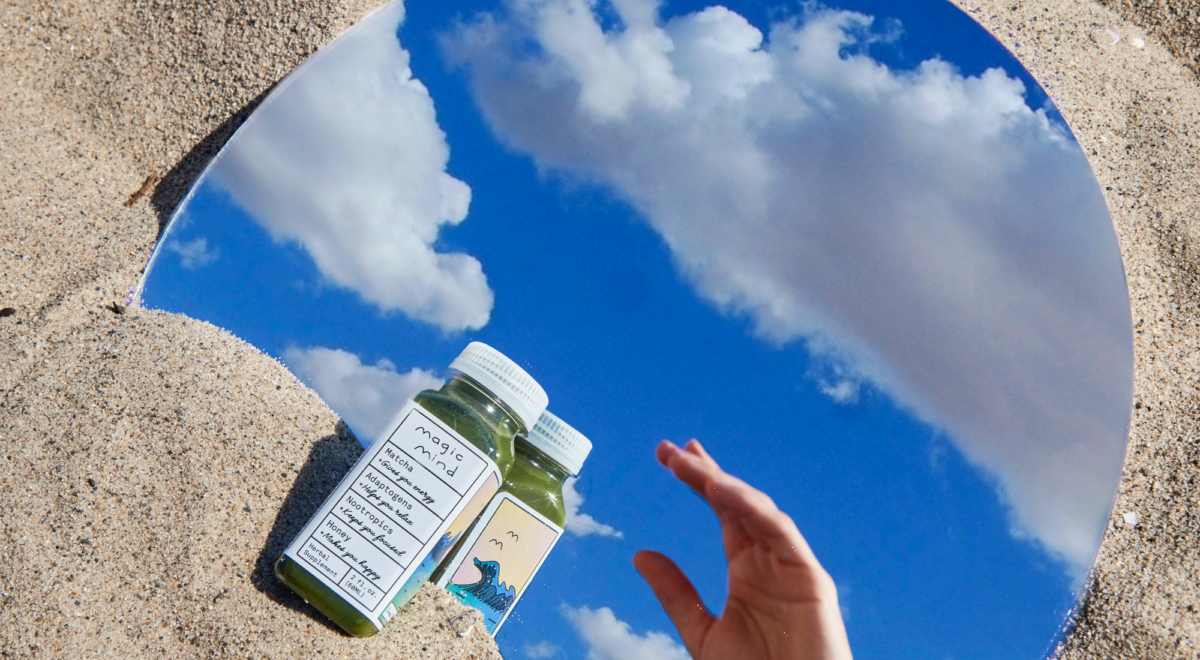Best Food Sources of Magnesium for Optimal Health
You must’ve heard magnesium as a supplement for sleep but it also plays critical role in many bodily functions, from supporting muscle and nerve function to regulating blood sugar levels and maintaining a healthy immune system. Despite its importance, we don’t get enough magnesium from our diets which can lead to a range of health issues. In this article, we’ll explore the best food sources of magnesium and how you can easily incorporate them into your daily meals for optimal health.

Why Magnesium Is Important
Before we dive into the food sources, let’s quickly discuss why magnesium is so crucial for your health. Magnesium is involved in over 300 biochemical reactions in the body, including:
- Energy Production: Magnesium helps convert food into energy, making it essential for maintaining vitality and preventing fatigue.
- Protein Synthesis: It plays a role in the synthesis of proteins, which are necessary for muscle repair and growth.
- Bone Health: Magnesium contributes to bone density and strength, working alongside calcium to keep your bones healthy.
- Nervous System Regulation: Magnesium helps regulate neurotransmitters, which are chemicals that send signals throughout the brain and nervous system.
- Heart Health: It helps maintain a steady heartbeat and is crucial for proper muscle function, including the muscles of the heart.
Given its wide range of functions, it’s easy to see why getting enough magnesium is vital for your overall well-being.
Best Food Sources of Magnesium
Here are some of the best food sources of magnesium that you can easily add to your diet:
- Nuts and Seeds
Nuts and seeds are not only delicious but also packed with magnesium. Almonds, cashews, and Brazil nuts are particularly high in magnesium. For example, a 1-ounce serving of almonds provides 80 mg of magnesium. Seeds like pumpkin seeds, flaxseeds, and chia seeds are also excellent sources. A quarter cup of pumpkin seeds contains about 190 mg of magnesium. These can be easily added to your breakfast cereal, yogurt, or salads. - Whole Grains
Whole grains such as brown rice, quinoa, and oats are good sources of magnesium. Quinoa, for instance, offers about 118 mg of magnesium per cooked cup. Whole grains are also rich in fiber, which supports digestive health. Swapping refined grains like white rice for whole grains in your meals is an easy way to increase your magnesium intake while also benefiting from the additional nutrients that whole grains offer. - Legumes
Legumes, including beans, lentils, and chickpeas, are another great source of magnesium. A cup of cooked black beans provides about 120 mg of magnesium. Legumes are versatile and can be used in a variety of dishes, from soups and stews to salads and side dishes. They are also high in protein, making them an excellent choice for vegetarians and vegans. - Fatty Fish
Fatty fish like salmon, mackerel, and halibut are not only rich in omega-3 fatty acids but also provide a good amount of magnesium. A 3.5-ounce (100-gram) serving of cooked salmon offers about 53 mg of magnesium. Including fatty fish in your diet a few times a week can contribute to your magnesium intake while also providing other important nutrients like vitamin D and protein. - Bananas
Bananas are well-known for their potassium content, but they are also a good source of magnesium. A medium-sized banana contains about 32 mg of magnesium. Bananas are a convenient and portable snack that can be eaten on their own or added to smoothies, oatmeal, or yogurt. - Avocados
Avocados are not only creamy and delicious but also packed with nutrients, including magnesium. A medium avocado provides about 58 mg of magnesium. Avocados can be added to salads, spread on toast, or used as a base for guacamole. They are also a good source of healthy fats, which are important for heart health. - Dark Chocolate
Good news for chocolate lovers—dark chocolate is a surprisingly good source of magnesium. A 1-ounce (28-gram) serving of dark chocolate (70-85% cocoa) contains about 64 mg of magnesium. While it’s important to enjoy dark chocolate in moderation due to its calorie content, it can be a satisfying and nutritious way to boost your magnesium intake. - Tofu
Tofu, made from soybeans, is a staple in many vegetarian and vegan diets. It’s also a good source of magnesium, with a half-cup serving providing about 37 mg. Tofu is incredibly versatile and can be used in a variety of dishes, from stir-fries and soups to salads and even desserts. - Yogurt
Yogurt, especially plain, unsweetened varieties, is another good source of magnesium. A cup of yogurt contains about 50 mg of magnesium. It’s also rich in calcium and probiotics, which support bone health and gut health, respectively. Enjoy yogurt on its own, with fresh fruit, or as a base for smoothies.
Tips for Increasing Magnesium Intake
Incorporating magnesium-rich foods into your diet is relatively easy if you follow a few simple tips:
- Plan Balanced Meals: Aim to include at least one magnesium-rich food in each meal. For example, you can add leafy greens to your breakfast smoothie, snack on nuts, and include legumes or whole grains in your dinner.
- Snack Smart: Keep magnesium-rich snacks like nuts, seeds, or yogurt on hand for a quick and nutritious option between meals.
- Cook at Home: Preparing meals at home gives you more control over your ingredients and allows you to ensure you’re getting enough magnesium.
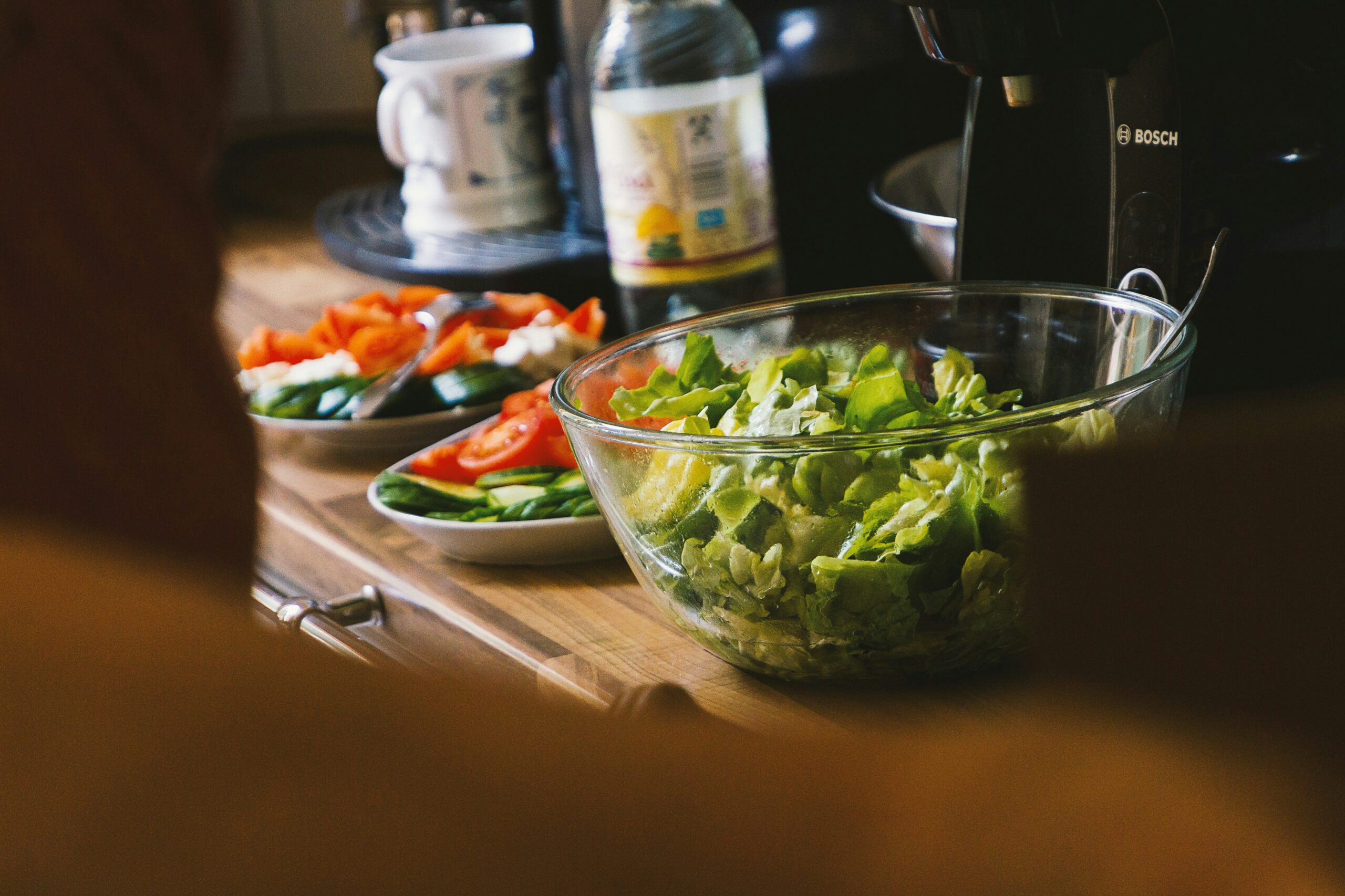
Conclusion
Magnesium is a crucial mineral that supports many aspects of your health, from energy production to heart function. It’s hard for most people to get daily intake of magnesium by their diets so by including a variety of magnesium-rich foods in your diet, you can help ensure that you’re meeting your daily needs and supporting your overall well-being. I know taste matters a lot when it comes to eating healthy food that’s why the best part is that many of these foods are not only nutritious but also delicious and easy to incorporate into your meals. Next time you’re enjoying a handful of nuts, a serving of leafy greens, or a piece of dark chocolate, you’ll be doing your body a favor by boosting your magnesium intake.

